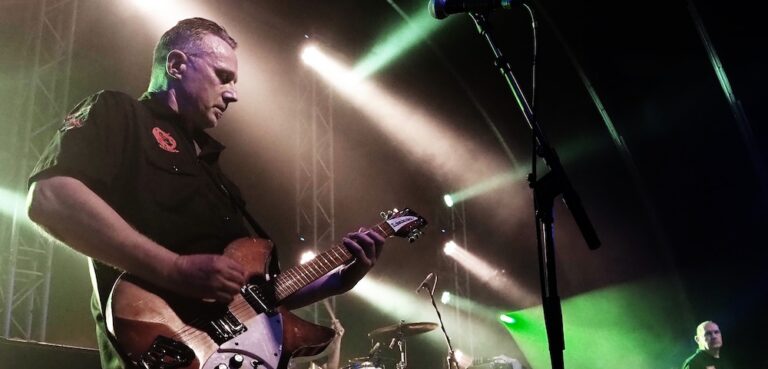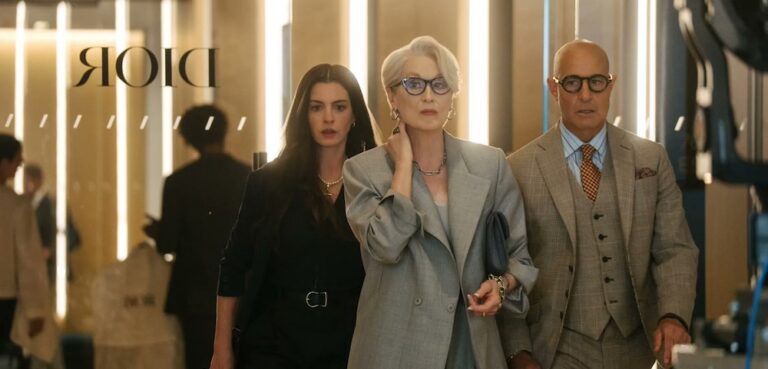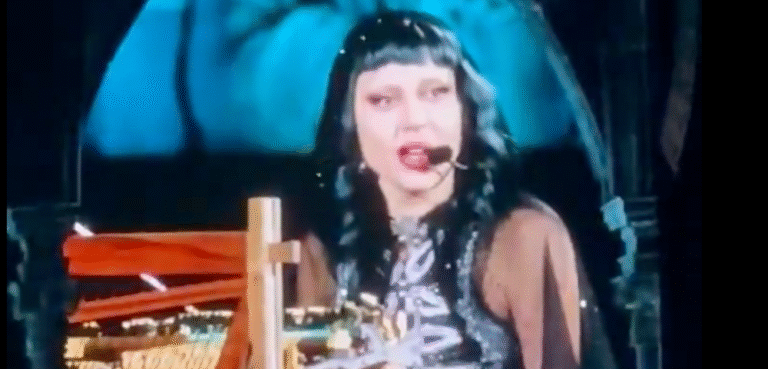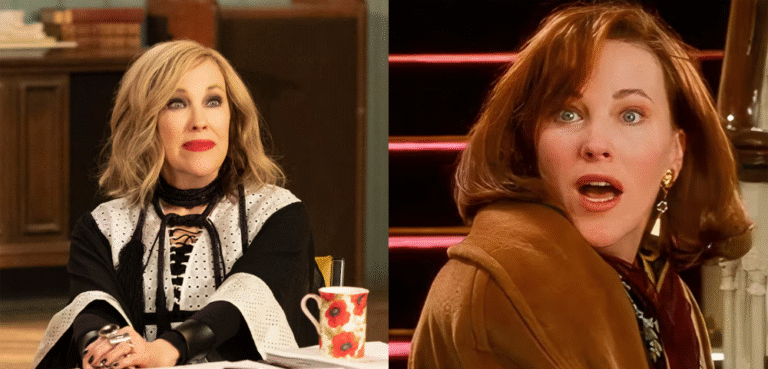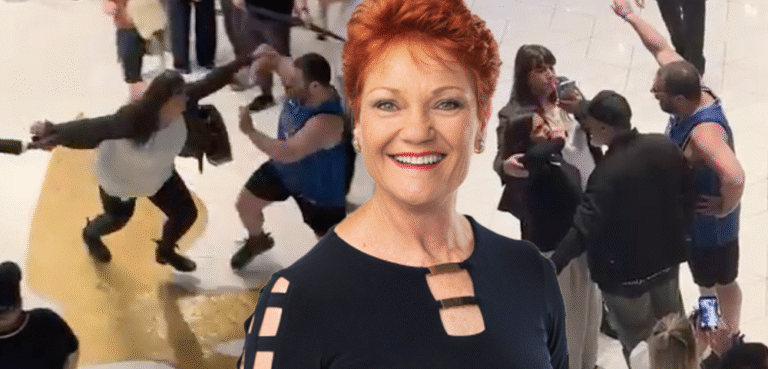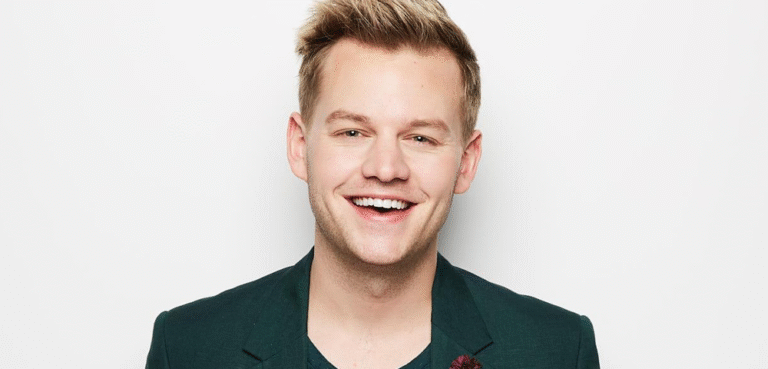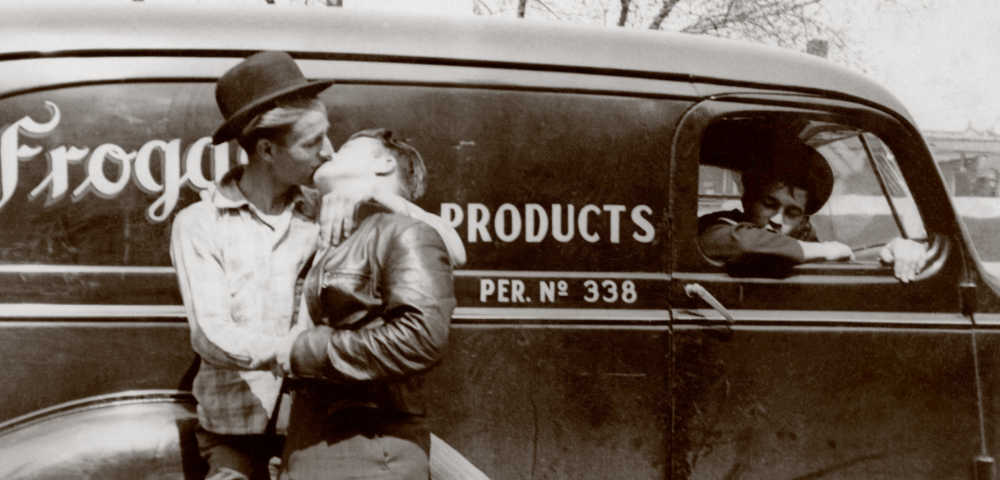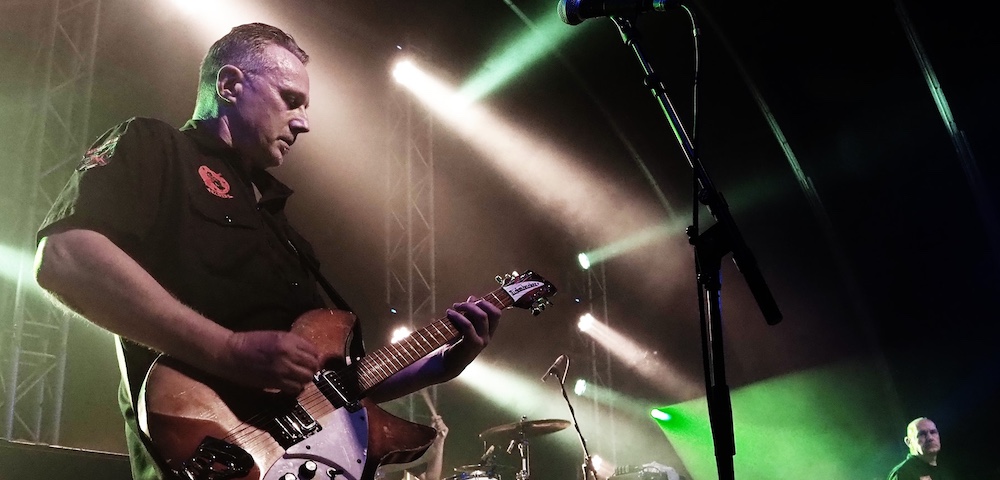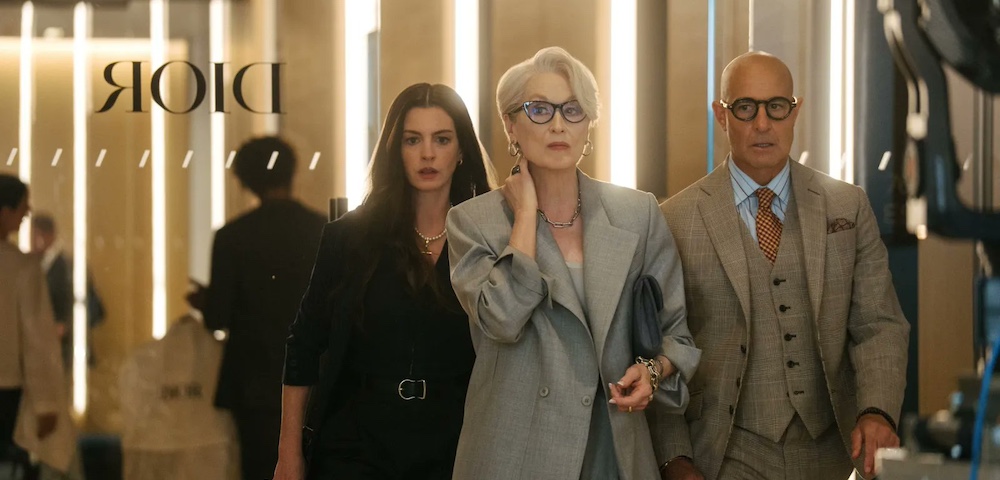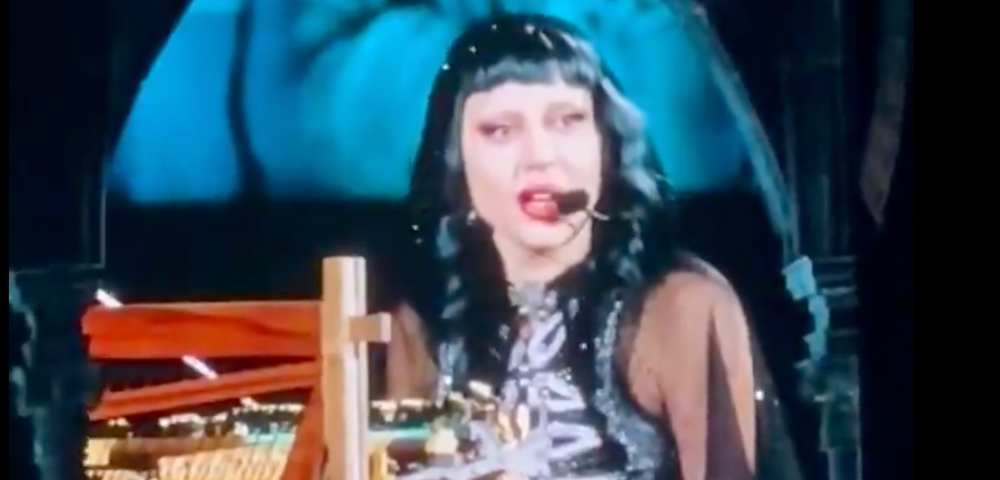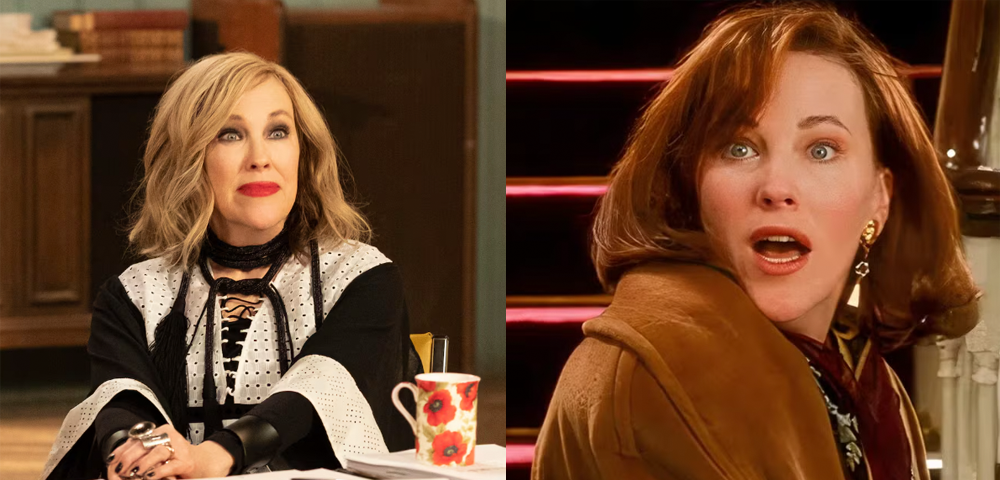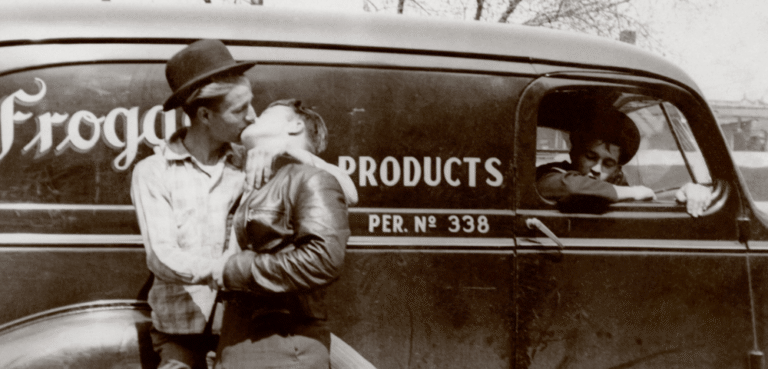
Tanya Saad’s courageous tale

WHEN you learn about some of the things Tanya Saad has experienced, you’d think her life is contrary to what her family name means in Arabic: good luck.
But upon meeting her, it’s easy to succumb to her irrepressible smile and infectiously-positive outlook on life. She may have met some challenges, but her resilient personality has helped her overcome them.
So much so, that she has written about her story in her memoir From The Feet Up.
“It’s exciting and daunting at the same time, because it is my first book and it’s a memoir,” Tanya said when the Star Observer caught up with her days before her book launch in April.
Her memoir chronicles her journey from her close relationship with her two younger sisters Vivian and Paula, to how she dealt with growing on a farm with her Lebanese family in the NSW town of Taree, and the bullying she endured because of her cultural background.
It also deals with Tanya’s highs and lows when she did water polo and cycling, and her experience in coming out as a lesbian to her family and friends.
Finally, it details her experience as a carrier of the hereditary cancer gene fault, BRCA 1, which meant she had 80 per cent chance of developing breast cancer and 60 per cent chance for ovarian cancer. It is the same gene fault that made Angelina Jolie undertake her highly-publicised preventative bilateral mastectomy and reconstructive surgery not long ago.
“Heritage is something we talk about all the time. It’s not taboo. If anything, I’m debunking a lot of myths in my book but with my sexual orientation and the BRCA gene, it’s different,” Tanya reflected.
“Being gay in a family with a Lebanese heritage, even though my family has come to embrace my sexuality, it’s still something that they don’t necessarily want to advocate to the world. There are relatives in Lebanon, none of those relatives know that I’m gay, and on my mother’s side, a lot of them I’m sure know but we just don’t talk about it.”
Tanya added that her coming out experience was a common one among LGBTI Arab-Australians: “Our mums and dads have a whole community that they have to face. Their discussions, the topics they discuss — they are not things we discuss as a younger generation. Our parents are judged in a way that we’re not judged. They’re in a community that has its own constructs. You can’t ignore that.”
In regards to her sharing her journey with the BRCA gene fault, Tanya said it was a “challenge in itself”.
She recalled the moment in 2008, when she was 30, when she and her sisters visited a hereditary gene specialist who broke the news to them.
“Paula and I immediately knew we had the gene,” she said. Turned out they were right — middle sister Vivian was spared.
“It may have been the sixth sense, I don’t know. It was purely off-the-cuff. It had nothing do with looking like dad, because he was the carrier. It had nothing to do with our temperament. It was just an instant, gut, premonition, Arab gypsy kind of thing that we had,” Tanya said.
“When you discover something like that in your family history, it stops you in your tracks. That shock of finding out probably hung around for a couple of days.
“And when you have a bilateral mastectomy and reconstruction like I did in 2012, it was considered pretty radical. There was a degree of sensitiveness, by even family and friends who just hadn’t heard of the (BRCA gene fault) before, who couldn’t understand why, when there was nothing wrong with you, why you were going in to do something like this.”
Tanya said she had always planned to have her bilateral mastectomy and reconstruction by the time she was 35, but a change of heart after she returned from a US holiday in 2011 made her get it a year sooner.
She said that some BRCA carriers do not think about it, carrying on with their lives. However, this wasn’t the case for Tanya.
“When my breast structure started to change and I noticed some things in my screening, I got nervous,” she said.
“If you don’t have a preventative bilateral mastectomy, your outcome in terms of what you have to live with and your future health is potentially very different if you do have one as a preventative measure. The other thing is no chemo. No radiotherapy. So my future is already in a better place.”
Although she grappled with the issue of not having met a partner nor having a children, and the challenge she endured during her operation phase — along with her sister’s — she has since gained a better understanding of who she was as a woman.
Coming from a family tree that has been stalked by cancer, Tanya also knew she and Paula have made a difference by being the first to make the BRCA gene visible.
She hoped her book would reignite public conversation surrounding the gene: “I really hope this generates discussion among families who would normally sweep this under the carpet.”
From The Feet Up is available in all major book stores and at www.harlequinbooks.com.au
(Main image credit: Ann-Marie Calilhanna)
